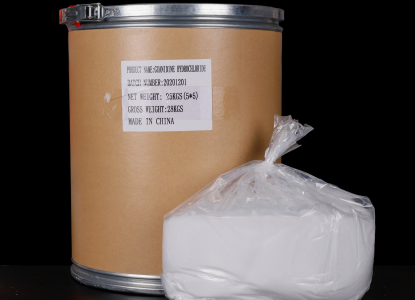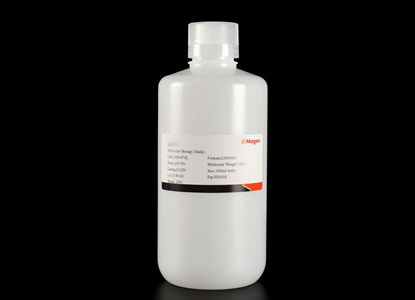
Nonionic surfactants are widely used in various industries for their excellent emulsifying, dispersing, and wetting properties. In this article, we will explore the common nonionic surfactants that are commonly used in commercial products.
The Role of Common Nonionic Surfactants

Common nonionic surfactants play a crucial role in many applications. They are often used as detergents, emulsifiers, and solubilizers in personal care products such as shampoos, body washes, and lotions. These surfactants help to reduce surface tension and enhance the effectiveness of cleansing agents.
In the agricultural industry, nonionic surfactants are utilized as adjuvants to improve pesticide performance by increasing spray coverage and penetration on plant surfaces. They also aid in reducing water evaporation from leaves.
In the pharmaceutical sector, these surfactants find application in drug delivery systems where they assist with enhancing drug solubility and bioavailability. Their ability to stabilize emulsions is particularly valuable for formulating creams or ointments.
Magen Biotech: Innovating with Nonionic Surfactant Technology
Magen Biotech is a leading company specializing in the development of innovative solutions using nonionic surfactant technology. With their expertise in formulation science and extensive research capabilities, Magen Biotech has introduced several groundbreaking products into the market.
One notable product developed by Magen Biotech is an eco-friendly laundry detergent that utilizes biodegradable nonionic surfactants. This detergent not only provides exceptional cleaning power but also minimizes environmental impact compared to traditional formulations containing harsh chemicals.
Magen Biotech's commitment to sustainability extends beyond household products. They have also developed nonionic surfactants for use in industrial applications, such as oil spill cleanup agents and wastewater treatment solutions. These surfactants effectively break down hydrocarbons and facilitate the removal of contaminants from water sources.
Tissue DNA Extraction: Unlocking Genetic Information
tissue dna extraction is a crucial step in molecular biology research, enabling scientists to unlock valuable genetic information. Nonionic surfactants play an essential role in this process by aiding in cell lysis and disrupting cellular membranes to release DNA.
Researchers often rely on nonionic detergents like Triton X-100 or NP-40 during tissue DNA extraction procedures. These surfactants help solubilize lipids and proteins while preserving the integrity of the extracted DNA.
In addition to their use in research laboratories, nonionic surfactants are also employed in commercial kits designed for tissue DNA extraction. These kits provide convenient and reliable methods for isolating high-quality genomic DNA from various sample types, facilitating downstream analysis such as PCR or sequencing.
Conclusion
Common nonionic surfactants are versatile compounds that find application across multiple industries. Their unique properties make them indispensable ingredients in personal care products, agricultural formulations, pharmaceuticals, and scientific research.
Magen Biotech's innovative approach has revolutionized the field with eco-friendly alternatives that prioritize sustainability without compromising performance. Furthermore, nonionic surfactant technology continues to advance tissue DNA extraction techniques, enabling researchers worldwide to unravel the mysteries of genetics more efficiently than ever before.
Comments on “
Common Nonionic Surfactants: A Comprehensive Guide
”